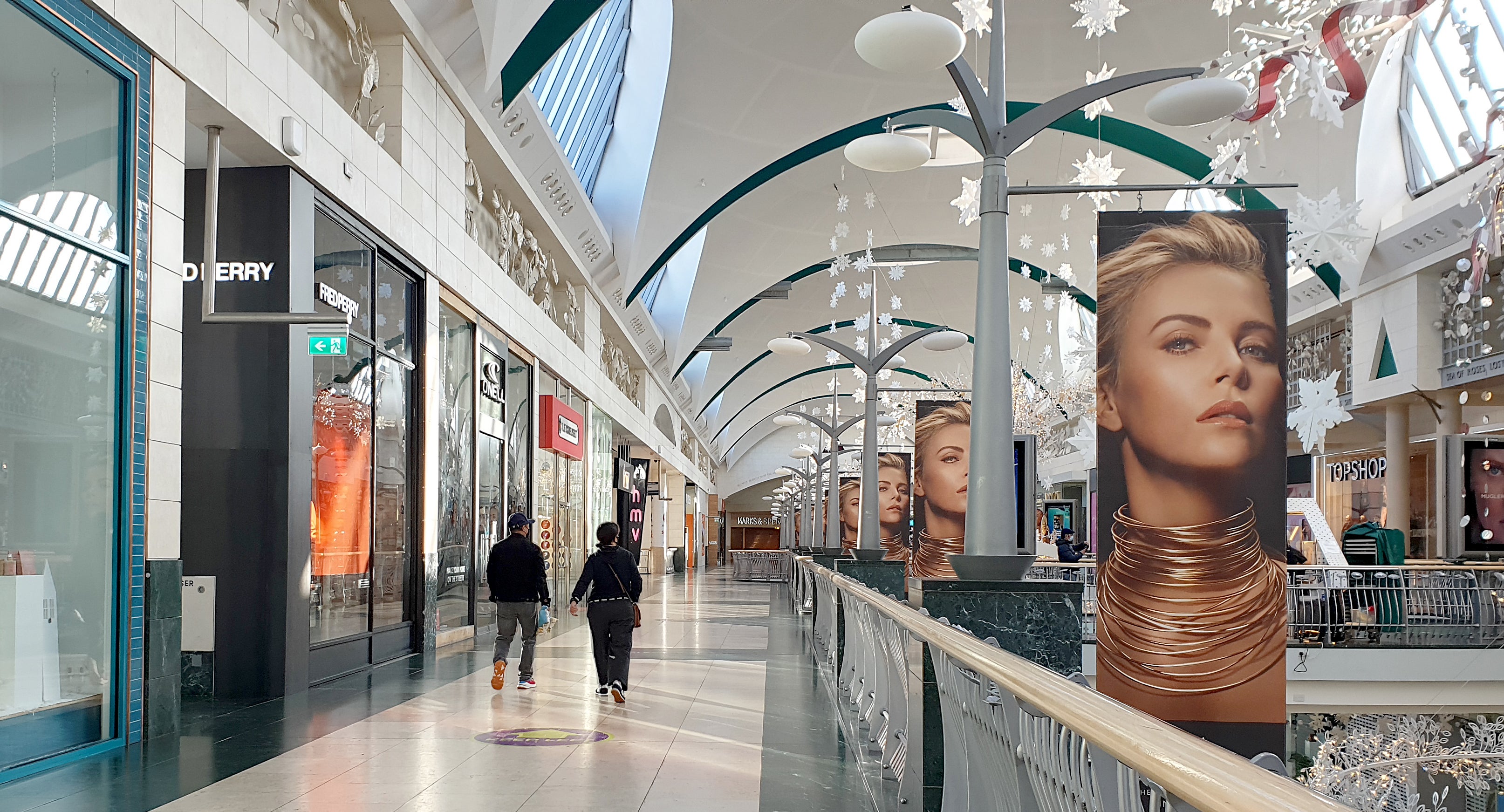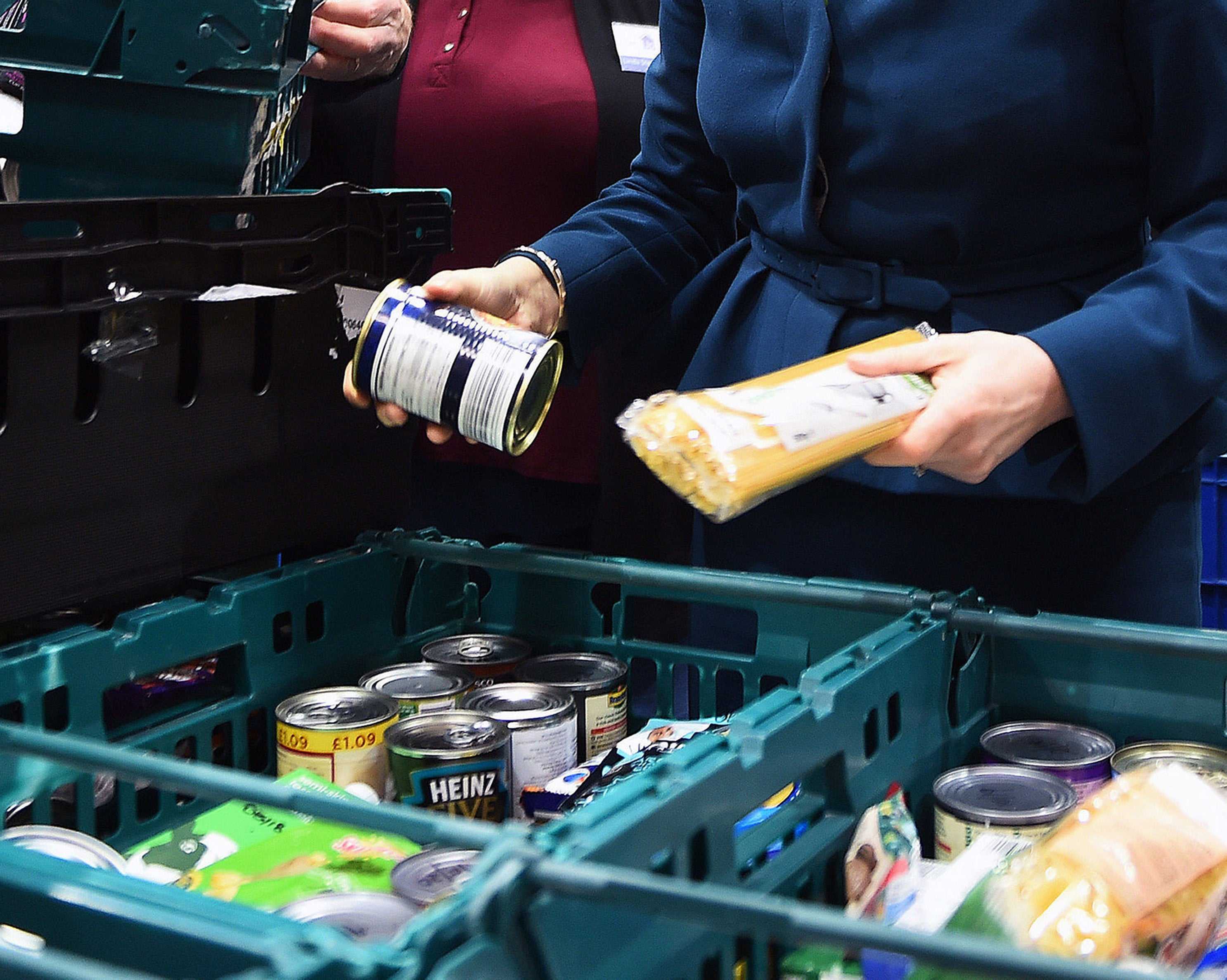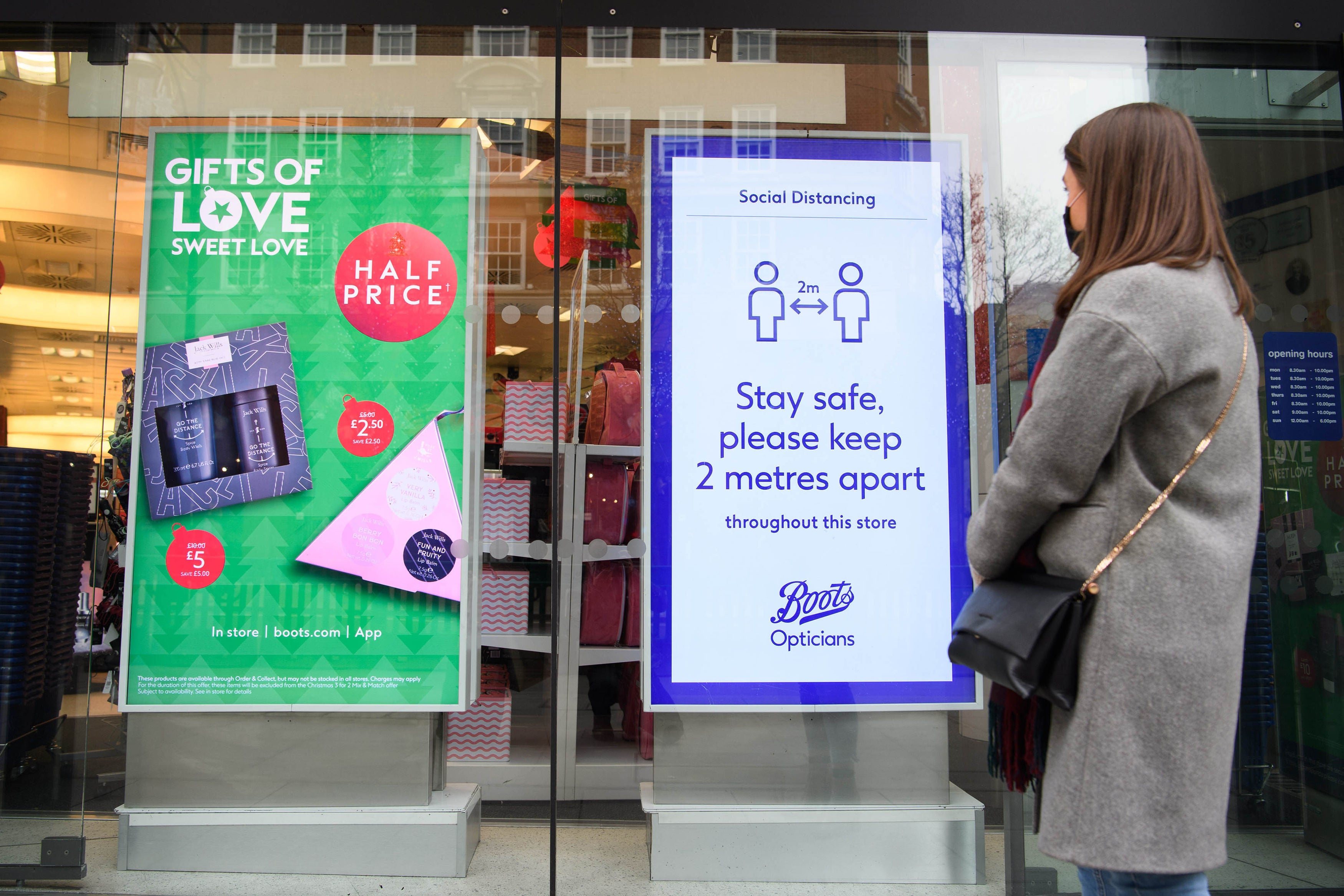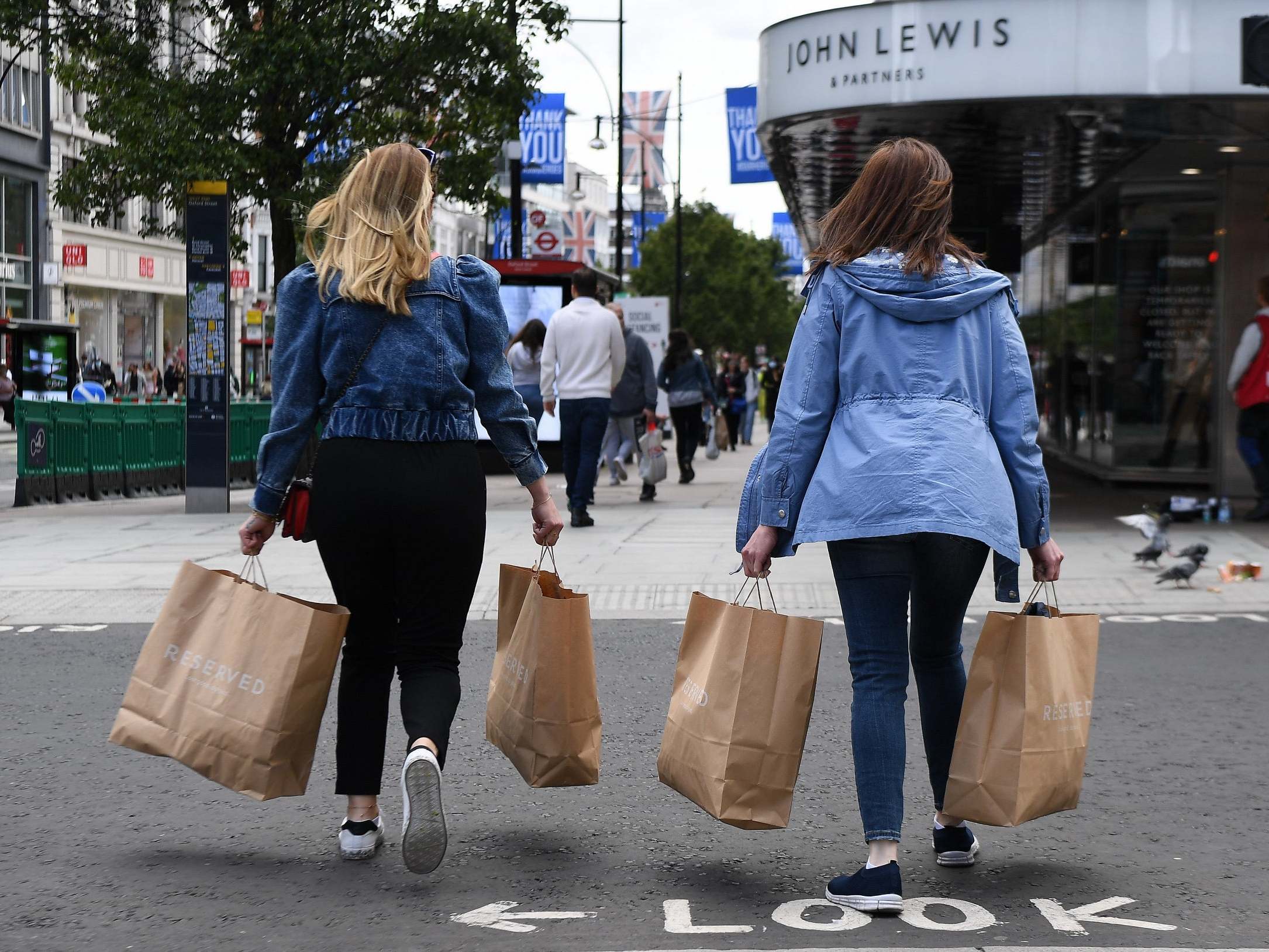Retail sales wane as consumer confidence sinks amid cost of living crisis
‘Households are yet to feel the full impact of the recent rise in energy prices and national insurance changes,’ experts warn

Your support helps us to tell the story
From reproductive rights to climate change to Big Tech, The Independent is on the ground when the story is developing. Whether it's investigating the financials of Elon Musk's pro-Trump PAC or producing our latest documentary, 'The A Word', which shines a light on the American women fighting for reproductive rights, we know how important it is to parse out the facts from the messaging.
At such a critical moment in US history, we need reporters on the ground. Your donation allows us to keep sending journalists to speak to both sides of the story.
The Independent is trusted by Americans across the entire political spectrum. And unlike many other quality news outlets, we choose not to lock Americans out of our reporting and analysis with paywalls. We believe quality journalism should be available to everyone, paid for by those who can afford it.
Your support makes all the difference.Retail sales growth slowed significantly last month as consumer confidence “continued to sink” amid the cost of living crisis, new research has revealed.
It comes as a rise in household bills, food and fuel has started to affect customer spending patterns, separate research from Barclaycard found. Experts added that the growth in total sales in March was buoyed by price rises across the retail sector.
The latest BRC-KPMG retail sales monitor revealed that total sales increased by 3.1 per cent in March, slipping back from a 6.7 per cent rise in February.
The new data highlights the new challenge for the retail sector just two years blighted by the pandemic.
The BRC-KPMG data showed that like-for-like retail sales were down 0.4 per cent against the same month last year.

Helen Dickinson, chief executive of the British Retail Consortium (BRC), said: “As consumer confidence continued to sink, March saw sales slow, and while spend remained above last year this likely reflects higher prices.
“The rising cost of living and the ongoing war in Ukraine has shaken consumer confidence, with expectations of people’s personal finances over the next 12 months reaching depths not seen since the 2008 financial crisis.
“Furthermore, households are yet to feel the full impact of the recent rise in energy prices and national insurance changes.
“Ultimately, consumers face an enormous challenge this year, and this is likely to be reflected in retail spend in the future.”
The figures also showed that online non-food sales dropped by 29 per cent over the three months to March as the pandemic-fuelled digital boom continued to recoil.
However, Don Williams, retail partner at KPMG, said that online “penetration rates remain high” as they were compared with a period of shop closures a year earlier.
Meanwhile, total food sales decreased by 2.6 per cent over the three months to March.

Susan Barratt, chief executive officer of the Institute of Grocery Distribution (IGD), added: “Food and drink sales struggled in March, partly due to facing strong comparatives to 2021.
“Not only were sales elevated last year due to lockdown, but Easter was also earlier and we’re yet to see holiday spending ramp up this year.
“It is no surprise that shopper confidence continues to fall and is now lower than the previous low of December 2013 when the horsemeat scandal impacted the food industry.”
Elsewhere, Barclaycard’s latest credit card data showed that consumer spending was still significantly ahead of pre-pandemic levels as people spent more on hospitality, but still highlighted some pressure on consumer confidence.

Card spending in March increased by 17.7 per cent against levels from the same month in 2019, as people spent more on essential items.
The increase was particularly driven by a higher spend on fuel, which soared by 26.1 per cent after prices rocketed.
Jose Carvalho, head of consumer products at Barclaycard, said: “Many sectors saw strong growth in March compared to the same period in 2019, as sunnier weather encouraged Brits to socialise at pubs and bars, book staycations and update their wardrobes for spring and summer.
“However, rising fuel prices and household bills are clearly starting to influence consumer behaviour, with many Brits changing their travel and shopping habits to save money.
“While this may dampen growth in the months ahead, we shouldn’t overlook the expected heatwave later in April, and the fast-approaching Easter holidays, both of which are likely to boost non-essential spending.”
Join our commenting forum
Join thought-provoking conversations, follow other Independent readers and see their replies
Comments